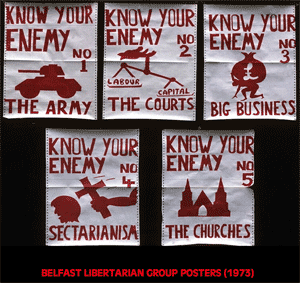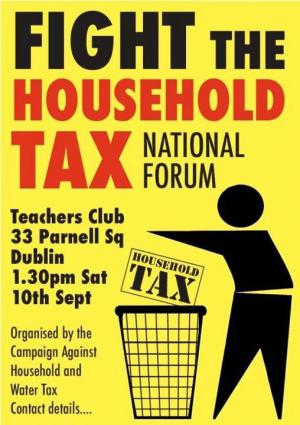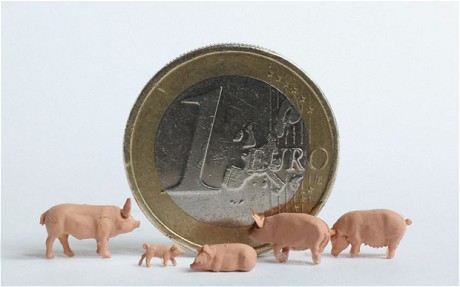Over 30 years of anarchist writing from Ireland listed under hundreds of topics
Bibliography of the Wee Black Booke of Belfast Anarchism
- Newspapers
- Official papers
- Books and journals
- Interviews and correspondence
Newspapers
The Anarchist (Glasgow)
Belfast News Letter
Belfast Telegraph
Freedom
Irish News
Conclusion to the Wee Black Booke of Belfast Anarchism
Anyone looking for a rogue’s gallery or general litany of scallywags in this short history of Belfast anarchists will be disappointed. It is a story of small movements and peripheral figures gathered together over many years and presented to you, the reader, as an account of how Belfast produced and received anarchist activists. It is uneven in places, sketchy on context, and optimistic in analysis.
Belfast anarchism in the Later Twentieth Century
If Captain Jack White DSO, CNT, was the first of the great individual characters of northern anarchism, those that followed soon after into the later twentieth century were every bit as unique. ‘Slumdom’ Jack McMullen and John McGuffin were not merely products of their time and social circumstances, but transcended the context into which they were born and the politics of their generation. They were in every sense truly dynamic libertarians whose politics speak to us of a far greater and more diverse political culture in Belfast than we have hitherto been led to believe. They also have in common a type of writing whose style approximates to a combination of Emile Zola and Spike Milligan. This makes both individuals fascinating to read though at times perplexing, and it is their writing which marks them out as much as their activism.
Belfast anarchism in the Early Twentieth Century
It was not until the early twentieth century that an anarchist group was established in Belfast. Although we have little information on anarchists elsewhere on the island, it seems entirely possible that this was the first specifically anarchist group north or south. It emerged in a time of rising militancy, though not working class militancy, and when communal relations were especially strained, and proceeded from the propagandist labours of two remarkable Scottish anarchists. One of these individuals, John or ‘wee’ McAra, as he was also known, is a subject in this chapter.
The Nineteenth Century Irish Anarchism
Ireland, more than most countries in nineteenth century Europe, had a sizeable rate of emigration, between 1801 and 1921, for example, it is estimated that the population declined by 8 million.(1) As it had a bearing on almost every aspect of life it necessarily also affected political movements on the island, and contributed significantly to political movements elsewhere in the world where Irish emigrants settled.
Anarchism in an Irish and Ulster Context
It was a great pioneer of labourism in the north, Hugh Gemmell, who once exhorted fellow workers here to have two chief loyalties - loyalty to yourself and loyalty to your class. Gemmell was about as far as any old Northern Ireland Labour Party man could be from anarchism, but his note on loyalty is a not inauspicious place to begin a discussion on anarchism in Belfast.
Introduction to the wee black booke
Had the tabloids been taken at face value, many would have us believe that ‘anarchy’ reigned in Belfast on a regular basis over the past thirty to forty years. Unfortunately, that was not the case. However, the equation of anarchy with violence is nothing new and the word continues to be misapplied in almost every context from the chimpanzee house at Belfast Zoo to the streets of Iraq. Partly this is ignorance, partly laziness, and partly deliberate and malicious misapplication by politicians and the media.
A Wee Black Booke of Belfast Anarchism (1867-1973)
 A Wee Black Booke of Belfast Anarchism (1867-1973)
A Wee Black Booke of Belfast Anarchism (1867-1973)
by Máirtín Ó Catháin
Contents
Introduction
Anarchism in an Irish and Ulster Context
The Nineteenth Century
The Early Twentieth Century
The Later Twentieth Century
Conclusion
Bibliography
National Organising Meeting of the Anti Household & Water Tax Campaign
 The €100 household charge annouced by the government comes into effect on 1st January 2012. It will be the first step in the governments plans to implement a fully fledged property and water tax by 2014 that could be around €1,200 according to one government economic advisor.
The €100 household charge annouced by the government comes into effect on 1st January 2012. It will be the first step in the governments plans to implement a fully fledged property and water tax by 2014 that could be around €1,200 according to one government economic advisor.
Back to school for the Eurozone as the Greek deal collapses

Here we are at the end of the Summer and it’s time for the politicians and bureaucrats of the Eurozone to come back to the office and take a look at what’s lurking in their in-trays. By the same token, it’s also time for all of us interested in fighting back against a Europe of Austerity, to take stock of the lie of the land.

